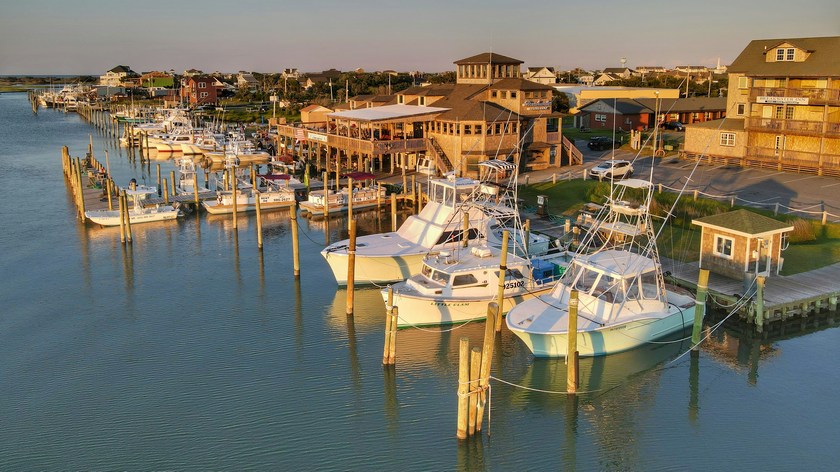Essential Tips for Buying a Vacation Home
If you are someone who enjoys staying at vacation rentals instead of hotels, you might be wondering whether you should buy a vacation home. Vacation homes have significant investment potential, offering you freedom of ownership and the opportunity to enjoy your getaway whenever you want. However, buying a vacation rental may seem like a dream come true. Therefore, it’s important to consider the pros and cons thoroughly before making your decision. If you leap without understanding the key details, it could feel like a bad dream. Let’s delve into the mistakes to avoid if you plan to buy a vacation property.
Exceeding Your Budget
Regardless of the type of home purchase, it’s easy to get swept up in the fantasy of owning a vacation home. The fond memories of a beautiful vacation can convince you to spend more than planned on a home in a specific neighborhood. While a stunning sunset view may look appealing during a property tour, you must keep the total costs in mind. Besides the mortgage, ongoing costs like utilities and maintenance must also be considered, as you will incur these expenses throughout the year—even if you use the home infrequently. Therefore, take your time and search for a place within your budget. This is not an urgent decision; rather, it’s an opportunity to find a property you truly love that doesn’t break the bank.
Depending on Rental Income for Expenses
Many homeowners look at vacation properties as revenue-generating assets. The idea of renting out the property when not in use can seem appealing. Nevertheless, it’s essential to remember that the property may not be rented out every day you are away. Moreover, managing a rental comes with responsibilities, such as maintaining the property and dealing with repairs. Such obligations can lead to surprising costs, and unhappy renters can create headaches. Additionally, local taxes and wear-and-tear costs must also be factored into your budget. If you’re purchasing a home for personal use, ensure it remains in excellent condition, understanding the challenges that come with rental ownership.
Buying Without Enough Research
Purchasing a property without thorough research can lead to unforeseen challenges, especially if you have only visited the destination briefly or under perfect weather conditions. If, for instance, you frequently vacation in Florida, you should prepare for the varying weather patterns when you consider buying a home there. Understanding how the climate affects a property, especially in coastal areas, is crucial. Therefore, invest your time in comprehensive research about the location and the local climate before making a purchase.
Avoiding Insurance
Vacation homes require specialized insurance that differs from standard homeowners’ policies. Properties left vacant for extended periods may be viewed as high-risk by insurance companies, leading to coverage challenges. If your vacation home is located in an area prone to hurricanes or floods, supplemental insurance may be necessary. Furthermore, if you plan to rent out your property, ensure the insurance policy adequately covers potential damages and liabilities. Consequently, adequately insuring your vacation home can save you significant trouble later on.
Not Considering Maintenance and Utility Costs
Although you may only use your vacation home for a few weeks each year, the ongoing costs need careful evaluation. Based on the location, maintaining minimal utility levels is necessary to keep the property functional year-round. This includes essential fixed costs, like internet and sewer systems, as well as potential expenses related to landscaping or keeping the property clean. Therefore, consider these maintenance costs when budgeting for your vacation property; they can add up quickly.
Owning a vacation rental could be one of the most rewarding experiences of your life. However, it’s vital to avoid these common mistakes when buying a home. Take sufficient time to conduct research thoroughly and look for a property that meets your requirements, both in terms of location and budget.




